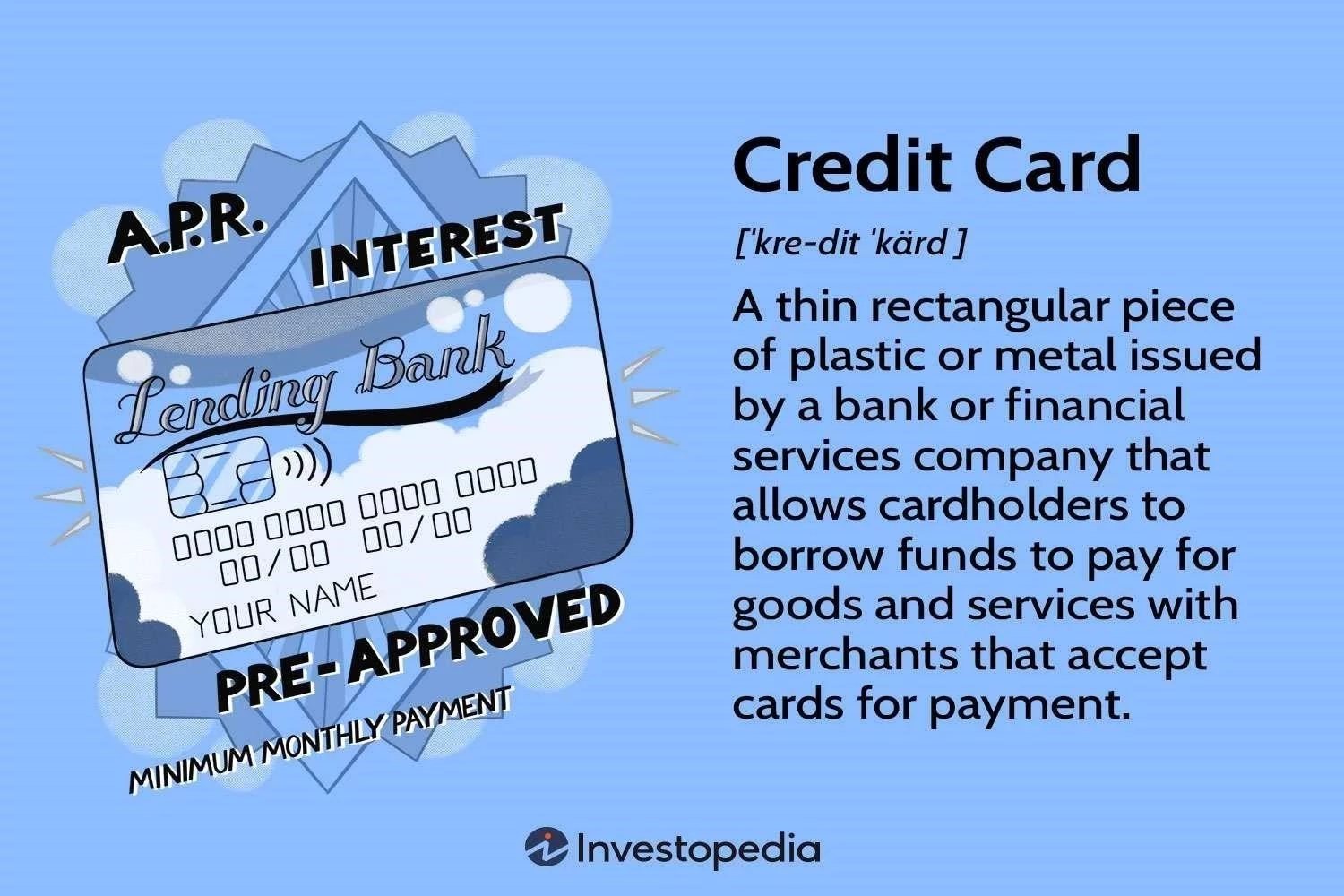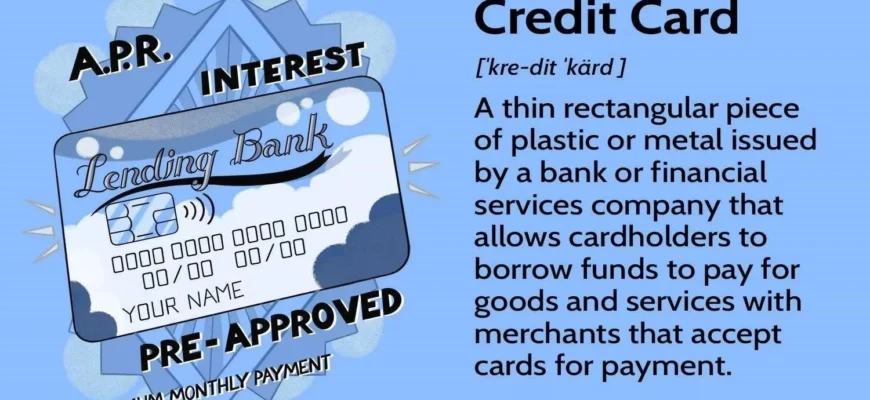Understanding Credit Card Default
Defaulting on a credit card account occurs when you fail to make minimum payments‚ leading to delinquency and potential account closure. This can happen due to various reasons such as unemployment‚ medical emergencies‚ or overspending. When you default‚ the credit card company may report the outstanding balance to a collections agency‚ resulting in negative marks on your credit history.
What Constitutes Default?
Defaulting on a credit card account typically occurs when you miss multiple payments‚ exceeding the credit limit‚ or fail to pay the minimum amount due. This can trigger a series of events‚ including the accrual of late fees and interest rates‚ which can further increase the outstanding balance. Additionally‚ a poor payment history and high credit utilization can also contribute to default.

The Consequences of Default
Defaulting on a credit card account can have severe financial consequences‚ including damage to your credit score‚ increased interest rates‚ and potential legal action. You may also face creditor harassment and wage garnishment‚ making it essential to address the issue promptly.
Financial Consequences
Defaulting on a credit card account can lead to a range of financial consequences‚ including:
- Increased interest rates: The credit card company may increase your interest rate‚ making it even harder to pay off the debt.
- Late fees: Additional fees will be added to your outstanding balance‚ further increasing your debt.
- Damage to credit score: A default can significantly lower your credit score‚ affecting your ability to secure loans or credit in the future.
- Loan default: In some cases‚ defaulting on a credit card account can lead to default on other loans or credit agreements.
These financial consequences can have a lasting impact on your financial stability and creditworthiness.
Credit Score and Report Impacts
A default on a credit card account can significantly impact your credit score and credit report; When you default‚ the credit card company will report the default to the credit bureaus‚ resulting in:
- Negative marks on your credit report‚ which can remain for up to 7 years.
- A significant drop in credit score‚ making it harder to secure loans or credit in the future.
- A higher credit utilization ratio‚ as the outstanding balance will be reported as a percentage of your credit limit.
- A payment history that reflects the default‚ further damaging your credit score.
These impacts can make it challenging to recover from a default and may require significant time and effort to repair your credit.
Dealing with Debt Collectors and Creditors
When you default on a credit card account‚ you can expect to be contacted by debt collectors and creditors. This can be a stressful and overwhelming experience‚ but it’s essential to know your rights:
- Creditor harassment is illegal‚ and you can report any abusive behavior to the Federal Trade Commission (FTC).
- You have the right to validate the debt‚ ensuring the collector has the correct information and authority to collect.
- Be aware of wage garnishment and legal action‚ which can occur if you fail to respond to lawsuits or court orders.
- Communicate with creditors and collectors in writing to avoid misunderstandings and ensure a paper trail.
Remember to stay calm‚ and don’t ignore the situation. Seek professional help if needed‚ and prioritize resolving the debt to avoid further financial consequences.








